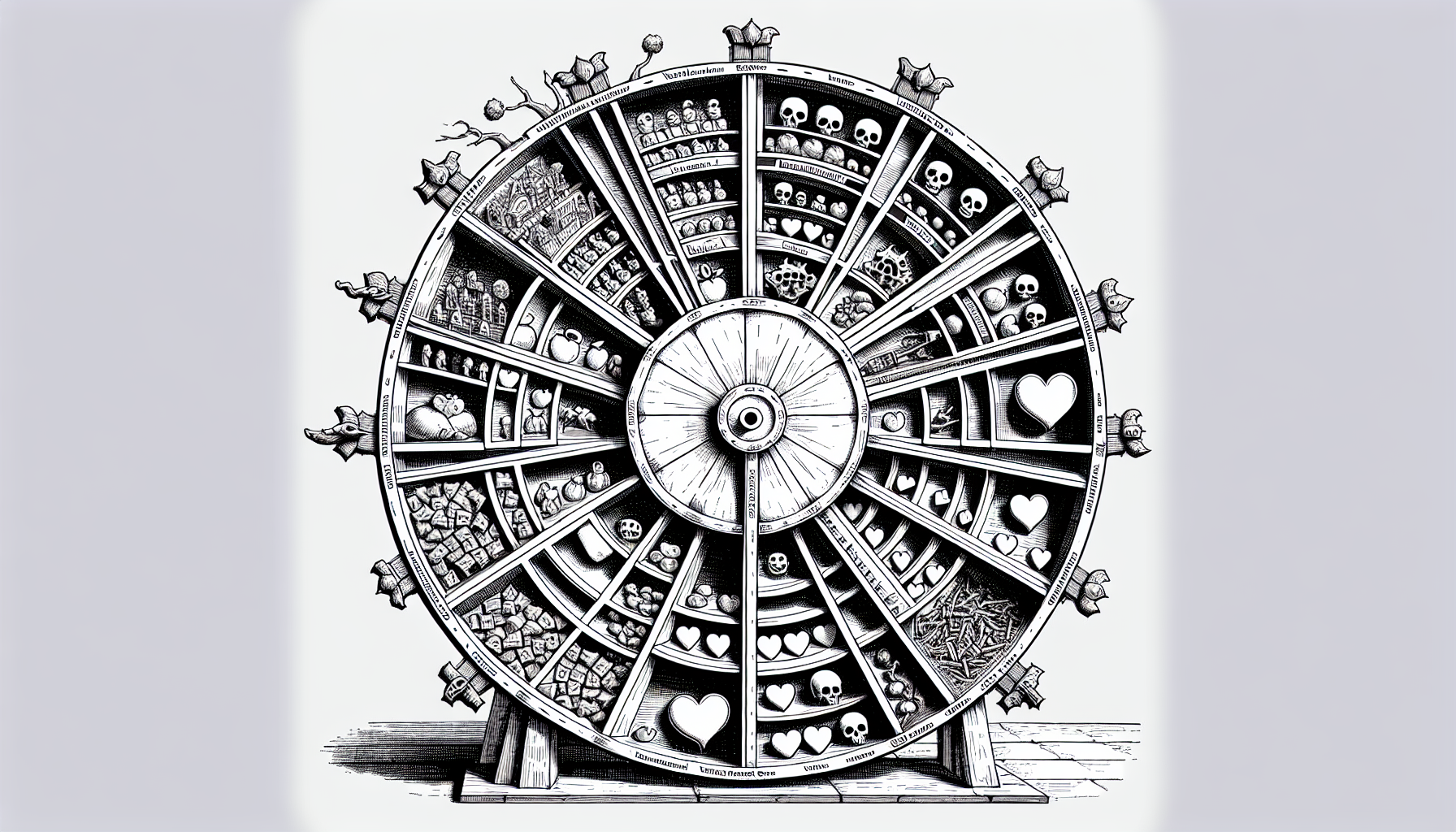The Psychology of Freelancing: Building Resilience

Freelancers operate in a markedly different environment compared to traditional employees. The absence of a structured workday can lead to difficulties in self-discipline and time management. According to research from the Journal of Business Psychology, freelancers are more susceptible to emotional exhaustion than their traditionally employed counterparts, highlighting the intense pressures they face. The constant need to secure new clients, manage multiple projects, and maintain high-quality work can create significant stress, further compounded by the unpredictability of income. Moreover, the lack of social interaction can lead to feelings of loneliness. Many freelancers work in isolation, which can exacerbate mental health issues, including anxiety and depression. This isolation, combined with financial uncertainties, can create a vicious cycle that threatens both personal well-being and professional success.
Building Resilience: Strategies for Success
To navigate these challenges effectively, freelancers must develop resilience. Here are several strategies that can help: 1. Establish a Routine Creating a structured daily routine can combat feelings of chaos and isolation. Freelancers should set specific work hours, schedule regular breaks, and incorporate rituals into their day, such as enjoying a morning coffee or having a designated end-of-day routine. This structure fosters a sense of normalcy and enhances productivity. 2. Set Realistic Goals Freelancers often feel compelled to take on excessive workloads out of fear of losing clients. Setting realistic and achievable goals can mitigate this pressure. Breaking projects into manageable tasks allows freelancers to experience progress and accomplishment without becoming overwhelmed, fostering a healthier work mindset. 3. Build a Support Network Connecting with other freelancers is vital for combating isolation. Engaging with the freelance community through online forums, social media groups, or local meetups can provide a sense of belonging and a platform for sharing experiences and resources. This support network can encourage personal growth and help freelancers navigate challenges more effectively. 4. Practice Mindfulness and Self-Care Mindfulness practices—such as meditation, yoga, or simply taking time to disconnect—can significantly reduce stress and enhance mental clarity. Incorporating self-care into daily routines, whether through physical exercise, hobbies, or relaxation techniques, can recharge freelancers and help prevent burnout. 5. Seek Professional Help if Needed Recognizing when to seek professional help is crucial. If feelings of anxiety or depression become overwhelming, reaching out to a therapist or counselor can provide essential coping strategies and support.
Supporting Examples
Many successful freelancers have navigated these challenges and emerged stronger. For instance, graphic designer Sarah Johnson struggled with burnout after overcommitting to projects. By learning to set clear boundaries and prioritize her well-being, she improved her mental health and produced higher-quality work, ultimately attracting more clients. Similarly, Mark Thompson found camaraderie and support by joining a local coworking space. This environment allowed him to connect with fellow freelancers, share resources, and collaborate, significantly reducing his feelings of isolation and boosting his productivity.
Freelancing presents unique opportunities and challenges, requiring a strong mental and emotional foundation for long-term success. By understanding the psychological hurdles freelancers face and implementing strategies to build resilience, individuals can cultivate a healthier, more balanced freelance career. Proactively addressing mental well-being not only enhances personal fulfillment but also leads to professional success, enabling freelancers to thrive in an ever-evolving work landscape. In the journey of navigating the freelance frontier, resilience is not just an asset; it is a necessity.
Remote Graphic Designer
Creative agencies, marketing firms, and tech startups
Core Responsibilities
Create visually appealing designs for digital platforms, including websites, social media, and marketing materials.
Collaborate with clients to understand their vision and incorporate feedback into design iterations.
Manage multiple design projects simultaneously while adhering to deadlines.
Required Skills
Proficiency in design software such as Adobe Creative Suite (Photoshop, Illustrator, InDesign).
Strong understanding of branding and visual storytelling.
Excellent communication skills to effectively convey ideas and concepts.
Digital Marketing Specialist
E-commerce companies, digital marketing agencies, and corporate marketing departments
Core Responsibilities
Develop and implement digital marketing strategies, including SEO, social media, and content marketing campaigns.
Analyze and report on campaign performance using analytics tools to optimize future efforts.
Collaborate with content creators and designers to produce compelling marketing materials.
Required Skills
Knowledge of SEO best practices and proficiency with analytics tools like Google Analytics.
Strong writing and editing skills for creating engaging content.
Familiarity with social media platforms and their advertising options.
Freelance Copywriter
Advertising agencies, publishers, and businesses seeking to enhance their online presence
Core Responsibilities
Produce high-quality written content for websites, blogs, and marketing materials.
Research industry-specific topics to create informative and engaging content that resonates with target audiences.
Edit and proofread content to ensure clarity, consistency, and adherence to brand voice.
Required Skills
Exceptional writing and grammar skills, with a keen eye for detail.
Ability to adapt writing style to different audiences and formats.
Experience with keyword research and SEO principles to enhance content visibility.
UX/UI Designer
Tech companies, startups, and design consultancies
Core Responsibilities
Conduct user research to understand user needs and behaviors to inform design decisions.
Create wireframes, prototypes, and high-fidelity designs for web and mobile applications.
Collaborate with developers to ensure design integrity during the implementation phase.
Required Skills
Proficiency in design tools such as Sketch, Figma, or Adobe XD.
Strong understanding of user-centered design principles and usability testing.
Excellent problem-solving skills to address user experience challenges.
Project Manager for Freelancers
Freelance platforms, consulting firms, and creative agencies
Core Responsibilities
Oversee project timelines and ensure all deliverables meet client expectations and deadlines.
Facilitate communication between freelancers and clients to clarify project requirements and progress updates.
Manage budgets and resources effectively to maximize project efficiency.
Required Skills
Strong organizational and multitasking abilities to handle various projects simultaneously.
Excellent interpersonal skills to build relationships with clients and freelancers.
Familiarity with project management tools like Trello, Asana, or Basecamp.


